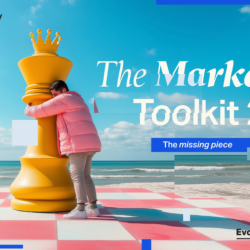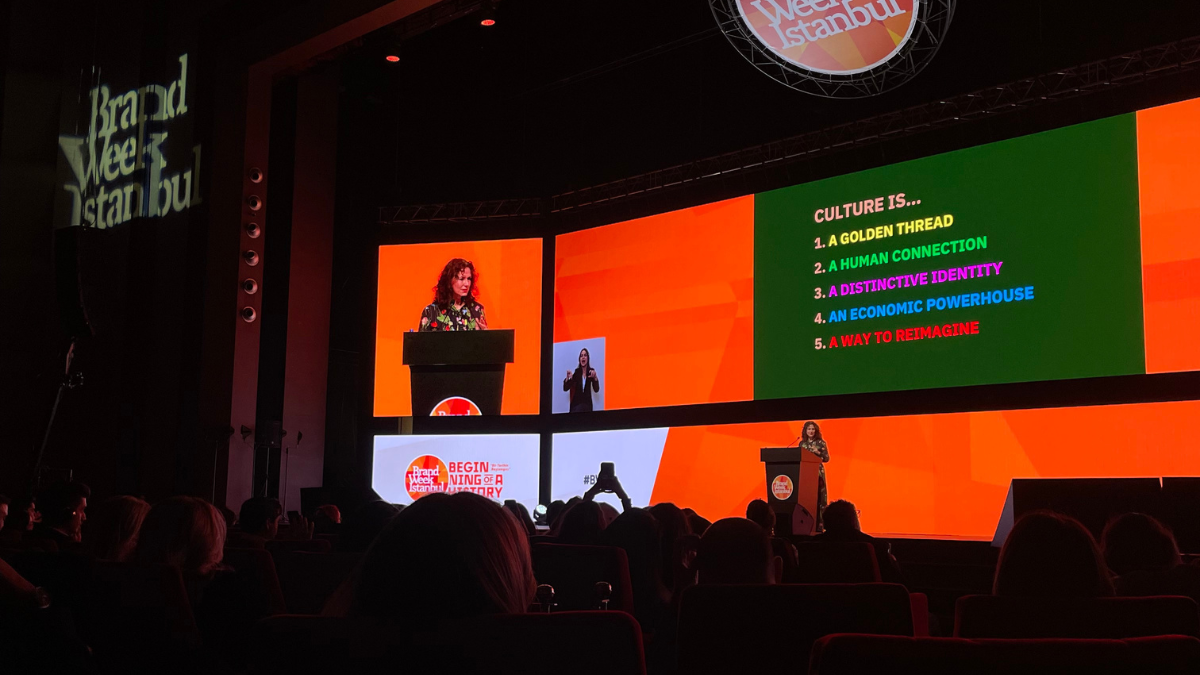What do you think of when you picture the perfect leader?
Drive, ambition, vision, and influence are universal traits we’ve all come to expect from those who lead the way. Kindness, on the other hand, doesn’t always make the cut. It’s not always thought of as valuable and I’ve even heard kindness called a weakness, clouding your judgment in making the hard decisions that come hand in hand with being in charge.
We all know the age-old adage: nice guys finish last. But empathy and great leadership are deeply interwoven, and in a modern world that seems to be getting harder to live in every year, there is an unavoidable truth we need to accept: future leaders need to be kind. This is true across the board, whether you’re leading a company or a country. Since the start of the pandemic, life has changed for everyone in ways we could never have imagined and with it, our values have changed too — studies show that job seekers have come to value happiness, flexibility, and workplace culture over higher pay and benefits. What the world needs now is leaders who understand, who relate, and who act with kindness to pull everyone else up with them,
It’s simple when you break it down: leadership longevity requires trust and reputation, and to earn both of these things, you need to treat people well. But how do you balance kindness with the other traits of leadership that often call for harder choices?
Put people first
Kindness starts with being considerate of other people’s feelings. Whether allowing someone to take time off for a mental health day and make it up later, or just complimenting a colleague on their great work, showing people that they are more than a productivity machine doesn’t take much effort.
Consider what motivates and inspires people as individuals and what you can offer to make them happier. Happy people are productive people, and kindness is a ripple effect, spreading the joy much further from one simple starting point — according to a recent study, employees who were treated kindly by management paid it forward with 278% more generosity to their co-workers. Positive attitudes are contagious, so make a small start by spreading praise and being considerate of people’s lives outside of your organisation.
Communicate and be transparent
Nothing is going to go right 100% of the time, no matter how much energy is put into ensuring it does. Keeping up open communication and letting people know they don’t need to be afraid to confess mistakes fosters a great culture of honesty, but transparency can start even earlier. Lead the way with clarity over what needs doing, and lay out expectations from the start to avoid misinterpretation and under performance as much as possible. And when things do go wrong, be honest and reassuring. Few mistakes are really that disastrous, but every one is an opportunity to learn.
Follow through
If you say you’re going to do something, do it. Listen actively and be purposeful in the actions you take. Rules should be universal, as should exceptions. Live and breathe your own values and lead by example, and you’ll be amazed how quickly trust grows between you and those you lead, and how much more willing people are to act on your behalf when you share common values and goals.
Respect and appreciate people’s differences
Diversity and inclusion have been huge buzzwords in the last few years, but truly kind people know they’re nothing new, and they’re so much more than a quota to be filled. Whether it’s cultural differences, neuro-divergence, identity, or just perspective, everyone has something unique to teach you about the world, no matter how much you think you know. Plato is quoted to have said that ‘the highest form of knowledge is empathy, for it requires us to suspend our egos and live in another’s world.‘ I think there’s a lot to learn from that. Whilst we might not all share the same opinions on the world, that doesn’t mean there are people undeserving of your kindness and respect. Accept and appreciate the things that make us individuals, and lead the way by standing up and speaking out when others don’t.
Empathy pays off. It’s not only the people around you who benefit from your kindness but you as well. Courtesy, praise, and support foster productivity, efficiency, and innovation. It comes back in bounds with reputation and trustworthiness. Kindness isn’t a weakness, and it doesn’t need to replace any other tools in your leadership toolbox to be effective — show a little more kindness today and you’ll be amazed at how far you’ll fly.
Featured image: Junessa Rendom / Capturenow































